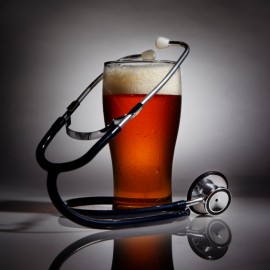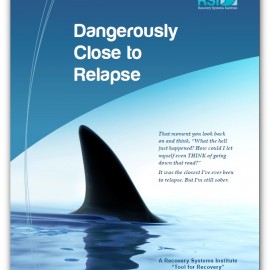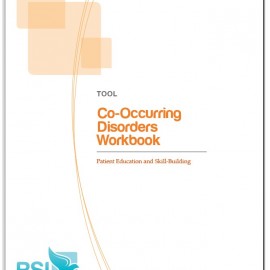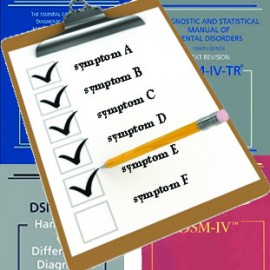Topics
What KIND of Disease is Addiction?
Most communities provide both options for opioid patients, and lacking a methadone for alcohol or cocaine, use a more traditional abstinence-based approach for those addictions.
Topics: abstinence, addiction medications, disease model, MAT, opioids
Is This “Recovery?”
Instead of becoming inspired to turn his life around, he seems to have figured, “OK, crisis averted. Let’s go get a beer.”
Topics: client engagement and motivation, MAT, prescription medications, promoting recovery
Intervention at the ER, Part 2
It isn’t that big a challenge; you simply add a basic questionnaire on the subject to your intake paperwork.
Topics: alcoholism, assessment, consequences, health care, intervention, physicians, SBIRT, signs and symptoms
Helping a Chronic Relapser
There’s hope. Partly because the effects of repeated treatments tend to be cumulative — most patients are learning something important from each.
Topics: barriers to recovery, cocaine, relapse
Big Room, Many Doors
I realized something: though in her mind we’d played a principal role in her recovery, she’d actually followed none of the directions we’d given her.
Topics: counseling skills, therapies and tools
Dangerously Close to Relapse
Sober Chrystal talks about the moment when her five years of sobriety hung in the balance and nearly went over the cliff.
Topics: Alcoholics Anonymous, alcoholism, anxiety, mindfulness, Recovery Tools, relapse, relaxation, stress, tools for recovery
Build Client Decision-Making Skills With Football
The point of the game is to win. You win by knowing the odds and trying to take advantage of them. Even if that means resisting emotional impulses.
Topics: client engagement and motivation, counseling skills, decision making, patient education
Co-Occurring Disorders Workbook
The workbook is based on recognized disease-model treatment principles and can integrate readily in Matrix and other established EBP treatment protocols.
Topics: co-occurring disorders, patient education, program development
Addictive Disease: Why Semantics Matter — and Why They Don’t
But to start opening those doors, someone has to be in the room — that is, they have to be identified (by themselves, preferably, but frequently by others such as the court system or family members) as possible/probable addicts.
Topics: alcoholism, diagnosis, disease, signs and symptoms
What IS a “Recovery-Friendly” Community?
Recovery-friendly communities encourage education, provide support for open communications, and reject assumptions that perpetuate stigma.
Topics: maintaining sobriety, promoting recovery, recovery support groups, stigma, systems


















